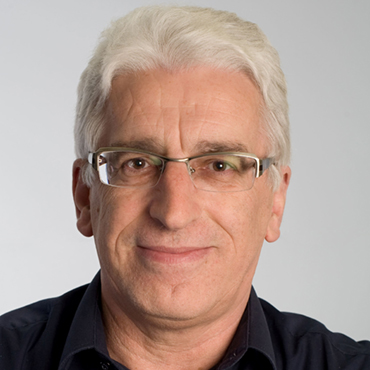Schneider Electric was considered a leader in sustainability by 2022, and was one of the first companies to have its net-zero targets validated by the Science Based Targets Initiative (SBTi). It had significantly reduced Scopes 1 and 2 carbon emissions and had harvested the ‘low-hanging fruit’ of Scope 3. Now, the industrial-technology multinational is facing some difficult strategic choices if it is to retain its leadership and meet its decarbonisation commitments.
The case study follows a recently appointed VP of Climate & Environment in her quest to understand the culture and corporate strategy of a new employer in a new industry, and the milestone it has achieved on the road to net zero. Students play the role of her team members, mapping four of the most obvious choices for the next steps in decarbonisation onto a 2x2 grid (evaluating cost vs. impact) as the basis for their recommendations to senior management.
A Case Supplement (optional) outlines the broader set of options available to Schneider Electric in 2022 and highlights a range of alternatives (some of which look deceptively like silver bullets) for further classroom discussion.
1.What “net zero” really means and how to set realistic interim targets (based on the company concerned).
2.How, despite surprisingly different profiles in terms of Scope 1, 2 and 3 emissions, companies must address all three and make similar types of analysis.
3.Identify the typical challenges of Scope 3, both upstream and downstream in the supply chain, and how to overcome them.
4.How decarbonisation goals must be prioritised based on the trade-offs between their impact (on reducing greenhouse gas emissions) and the cost/difficulty of implementation.
5.Understand the connections between corporate strategy, organisational culture, and decarbonisation.
6.How the road to net-zero is ambiguous and winding – there is no simple route map.
7.Understand that decarbonisation is only the beginning of the journey towards sustainability.
8.Derive insights into how a committed organisation can attack the next big challenge, and the ambiguity that comes with it.
- Sustainability
- net-zero
- decarbonisation
- carbon reduction
- carbon negative
- carbon neutral
- greenhouse gases
- emissions
- carbon accounting
- Scopes 1, 2 and 3
- sustainability management
- climate leadership
- environmental strategy
- SDG7 Affordable and Clean Energy
- SDG9 Industry, Innovation and Infrastructure
- SDG11 Sustainable Cities and Communities
- SDG12 Responsible Consumption and Production
- SDG13 Climate Action
- Q22025







